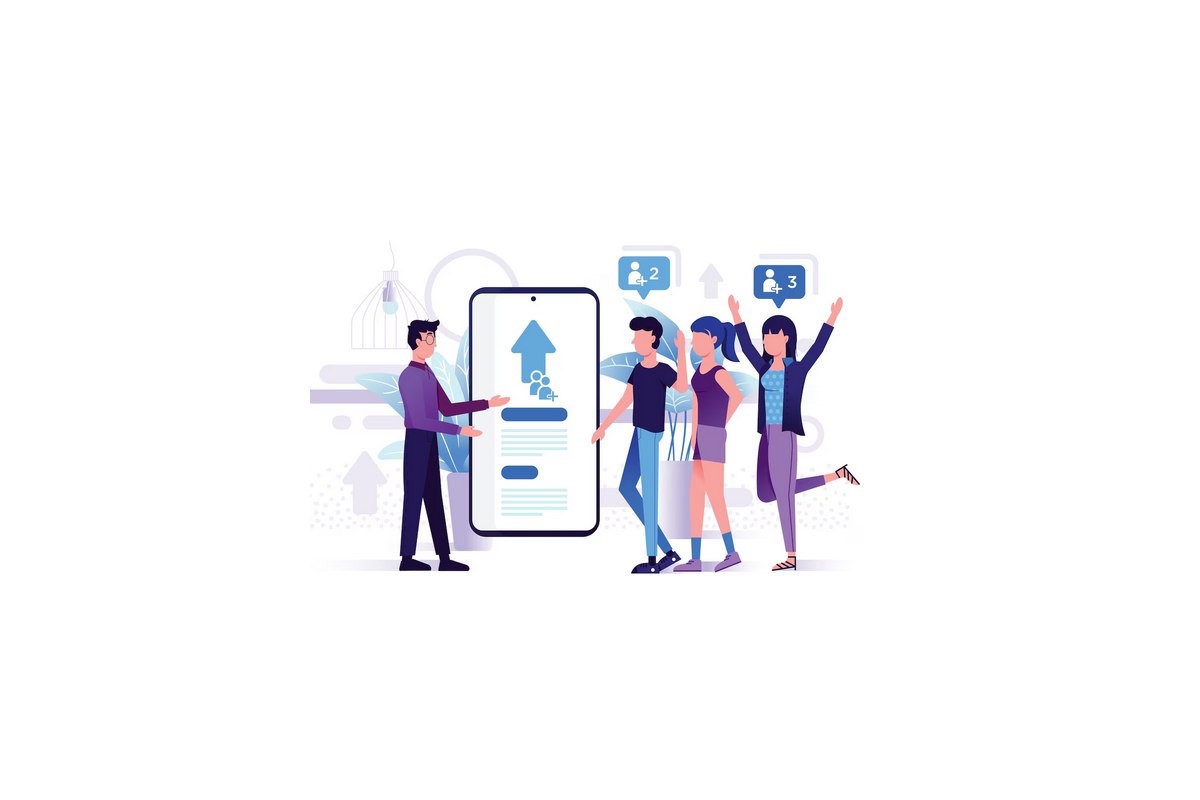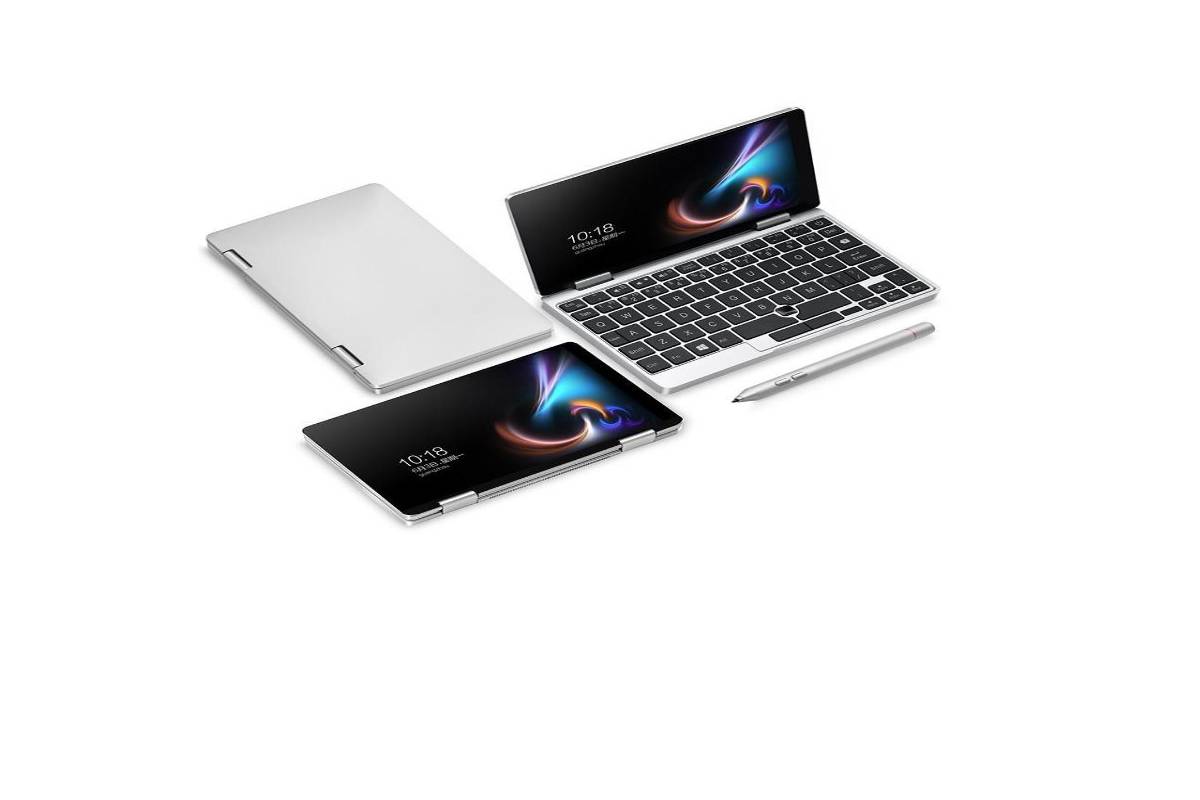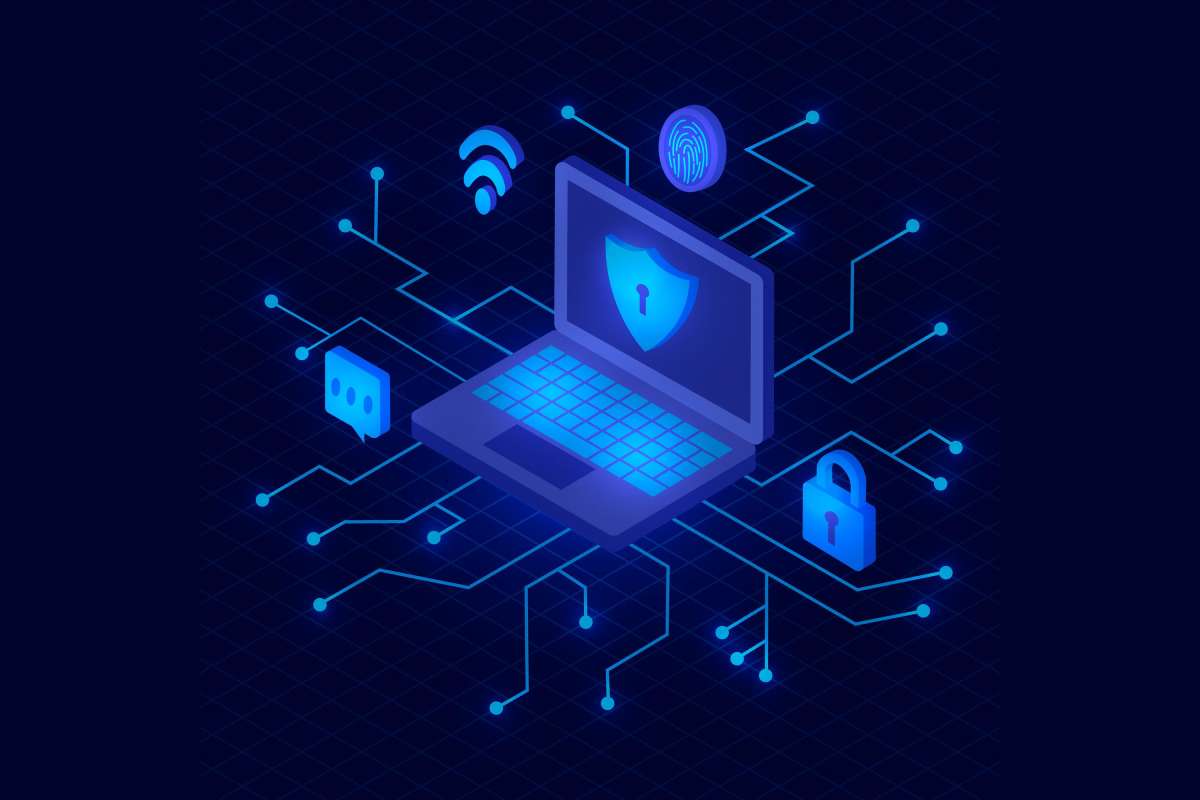

Revolutionizing Guest Experiences with Technology
Revolutionizing Guest Experiences with Technology
Revolutionizing Guest Experiences with Technology – The hospitality industry is continuously evolving, and technology plays a significant role in its transformation. This blog post will examine several innovative technological advancements revolutionizing guest experiences at hotels, resorts, and other establishments. Let’s dive into the digital age of the hospitality industry and learn how businesses can integrate these new technologies into their services.
Table of Contents
ToggleMobile Apps and AutomationArtificial Intelligence and Virtual RealitySmart Rooms and PersonalizationInternet of Things (IoT) and the Hospitality EcosystemSocial Media and Guest InteractionBiometrics and SecurityGreen Initiatives and SustainabilityData Analytics and PerformanceRobotic Services
Mobile Apps and Automation
Smartphones are an essential part of our lives, and the hospitality sector is utilizing them to enhance guest experiences. Some mobile app features include keyless room entry and check-in/out services, customized room ambiance (temperature, lighting, etc,) room service, housekeeping requests, and booking amenities such as spa appointments, dining reservations, and event tickets.
Self-service kiosks are becoming increasingly popular in the hospitality sector, providing guests with an efficient and user-friendly method of accessing services and information. A self-service kiosk can offer guests immediate access to check-in, check-out, booking amenities, and other hotel services, reducing waiting times, and enhancing the overall guest experience.
Artificial Intelligence and Virtual Reality
A combination of artificial intelligence (AI) and virtual reality (VR) can revolutionize how guests plan their stays. AI-powered chatbots can be utilized for instant personalized recommendations and customer support. Hotels can offer VR room tours during the reservation process. Virtual concierge services can be made available for restaurant and activity recommendations, and interactive augmented reality (AR) hotel maps can be used for easy navigation and exploration.
Smart Rooms and Personalization
Smart technology can create a personalized environment for guests by anticipating their needs, preferences, and habits. This can include sensor-based lighting and temperature control, smart mirrors that display customized news, weather, and daily schedules, voice control via virtual assistants (e.g., Amazon’s Alexa or Google Home,) or automatic, personalized recaps of daily hotel events and wellness stats
Internet of Things (IoT) and the Hospitality Ecosystem
The Internet of Things (IoT) connects devices and networks to form a unified ecosystem, improving efficiency and creating delightful guest experiences. Real-time updates on hotel room status can inform guests of housekeeping and maintenance times. Smart luggage lockers can link to mobile devices for streamlined storage services. There’s also wearable technology that can serve as a room key, wallet, or ID, and automated energy management systems can be used for reducing carbon footprint and saving costs.
Social Media and Guest Interaction
How Social Media is Turning Hospitality Into a Big Party
Ever notice how a simple Instagram post can bring a whole room of strangers together? That’s the power of social media in the hospitality world—turning casual clicks into loyal fan club membership.
Building Communities One Post at a Time
- Live‑Button Wonders: Picture a wall of scrolling stories—guests share snaps, tag each other, and you get instant buzz. It’s like a backstage pass that lets everyone feel part of the show.
- Targeted‑Snap Deals: By geofencing a hotel’s coffee shop or a resort’s pool, brands can fire up offers that only hit the right radius. Fancy a 20% off espresso for those within 500 meters? Done.
- Real‑Time Banter: Chat windows on your website or apps let guests ask questions right away—no dead lines, just instant “Hey, do we still have room for Saturday?”
Guest Reviews: The Feedback Goldmine
Reviews aren’t just ratings—they’re conversations. A quick “love the noise level!” or “couldn’t sleep, service was excellent” can turn a weary traveler into a returning fan.
Virtual Hangouts: Because Zero Wi‑Fi Isn’t Free
Why not host a live brunch session, a DJ night, or a mystery‑movie marathon right on your hotel’s social platform? Guests get to meet fellow travelers, swap tips, and keep the party going even when the physical doors shut.
Emotion, Humor, and the Human Touch
When you sprinkle a bit of personality—little jokes about the Wi‑Fi, a story about the chef’s kitchen mishap, or a heartfelt thank‑you—you’re writing in a voice that feels like a friend, not a corporate bot.
Biometrics and Security
Biometric technology has the potential to enhance security and streamline services in hotel operations. Some examples of this technology are facial recognition for seamless check-in and access control, fingerprint and retina scanners for secure entry and transactions, customer behavioral patterns analysis for predicting needs and improving services, and alert systems for staff in emergencies and safety incidents.
Green Initiatives and Sustainability
Many hotels and lodging establishments are looking for ways to adopt greener practices and minimize their impact on the environment. By integrating sustainable technology, businesses can not only attract eco-conscious travelers but also reduce operational costs. Energy-efficient lighting and HVAC systems, on-site renewable energy generation like solar panels, water-saving fixtures and recycling programs, and eco-friendly guest amenities and cleaning products can all help lessen environmental impact.
Data Analytics and Performance
Data-driven decision-making is becoming increasingly important in the hospitality industry. Advanced analytics help hotels and resorts better understand guest behavior and optimize business strategies. Predictive analytics can provide optimal pricing, demand forecasting, and inventory management. Guest segmentation, personalized marketing campaigns, and real-time performance metrics allow for efficient resource allocation. And acquiring actionable insights from guest feedback and reviews can also contribute to improved performance.
Robotic Services
Robotics is an emerging trend in the hospitality industry, with several establishments experimenting with automated systems to streamline services and enhance guest experiences. Some examples of robotic services include robotic concierges for 24/7 information and assistance, automated luggage delivery systems, robot bartenders and chefs for quick and efficient food and beverage service, and housekeeping robots for unobtrusive cleaning and maintenance.
Technology is transforming the hospitality industry by revolutionizing guest experiences and streamlining business operations. It’s crucial for establishments to stay up-to-date and adapt to evolving trends, leveraging innovative solutions to stay ahead of the curve. Embracing and integrating these advancements will give businesses a competitive edge and pave the way for optimal guest satisfaction.
Revolutionizing Guest Experiences with Technology







